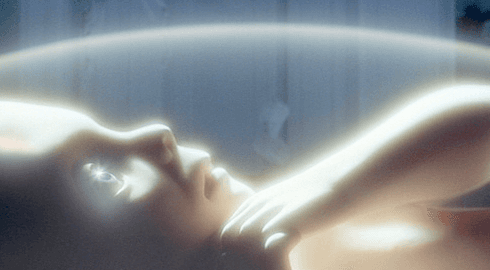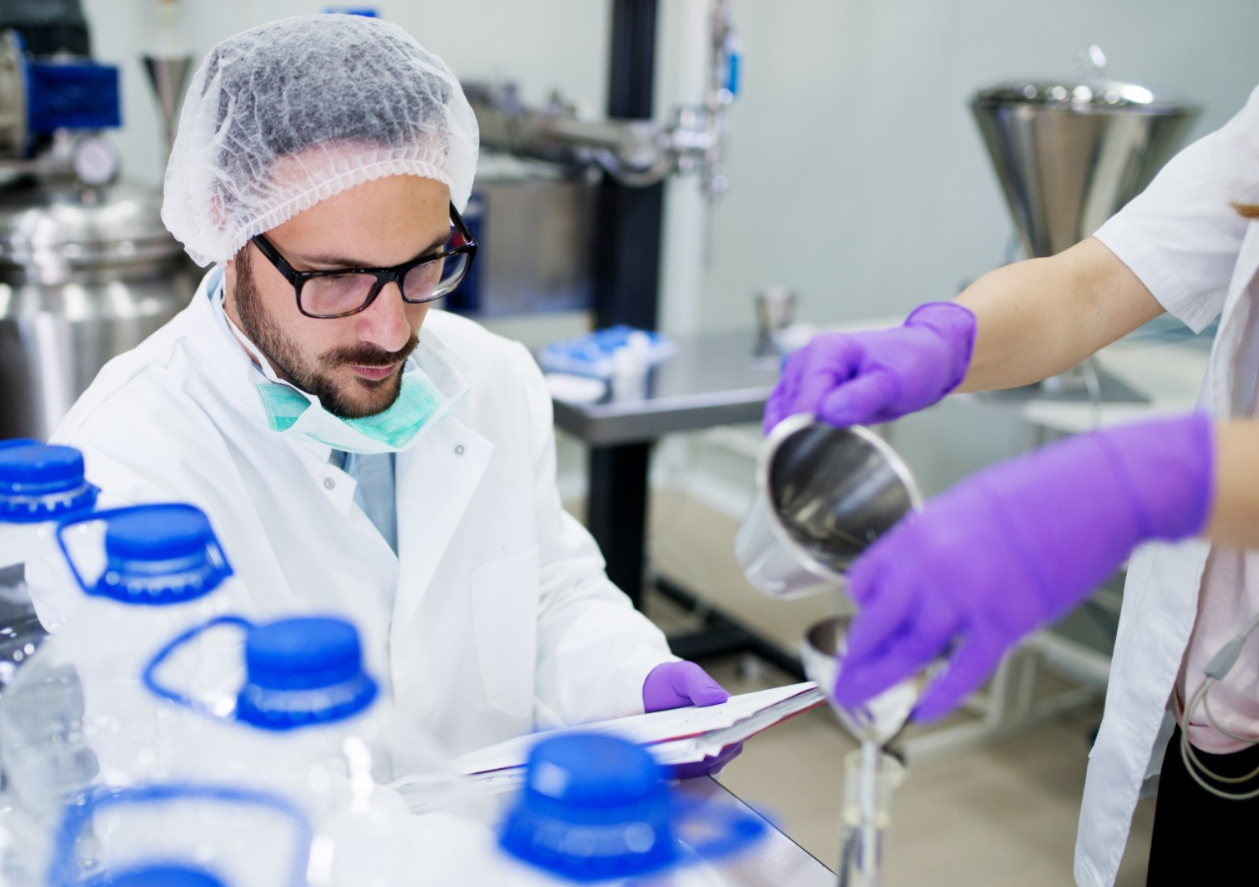HANG ON TO YOUR BRAIN—PART TWO
Regardless of whether you see artificial intelligence as inherently good or inherently bad, you cannot deny its significance to our society. As computers, robots, and algorithms become ever more refined, AI’s effectiveness will become increasingly convincing of its efficacy. Might you lose an argument you historically won?
As we ponder the power, perils, and possibilities of AI, perhaps no creative work has been more poignant on the subject than Stanley Kubrick’s film, 2001: A Space Odyssey . Near the end of the movie, the astronauts are working to disable the onboard computer, HAL, that has begun to exercise its own volition to overpower the humans’ control of the spacecraft. Finally, as the astronauts find the path to success in this endeavor, HAL begins to express apparent sadness about being eradicated. The scene paints an amazing picture of AI’s implications for humanity.
Reflecting on this scene, at the end of his book, The Shallows: What the Internet Is Doing to Our Brains (New York: W. W. Norton and Company, 2010), Nicholas Carr captures the movie’s essential warning about the dangers intrinsic to AI, but not necessarily in the fashion you might have suspected:
“ HAL’s outpouring of feeling contrasts with the emotionlessness that characterizes the human figures in the film, who go about their business with an almost robotic efficiency. Their thoughts and actions feel scripted, as if they’re following the steps of an algorithm. In the world of 2001, people have become so machinelike that the most human character turns out to be a machine. That’s the essence of Kubrick’s dark prophecy: as we come to rely on computers to mediate our understanding of the world, it is our own intelligence that flattens into artificial intelligence. ” (p. 224)











